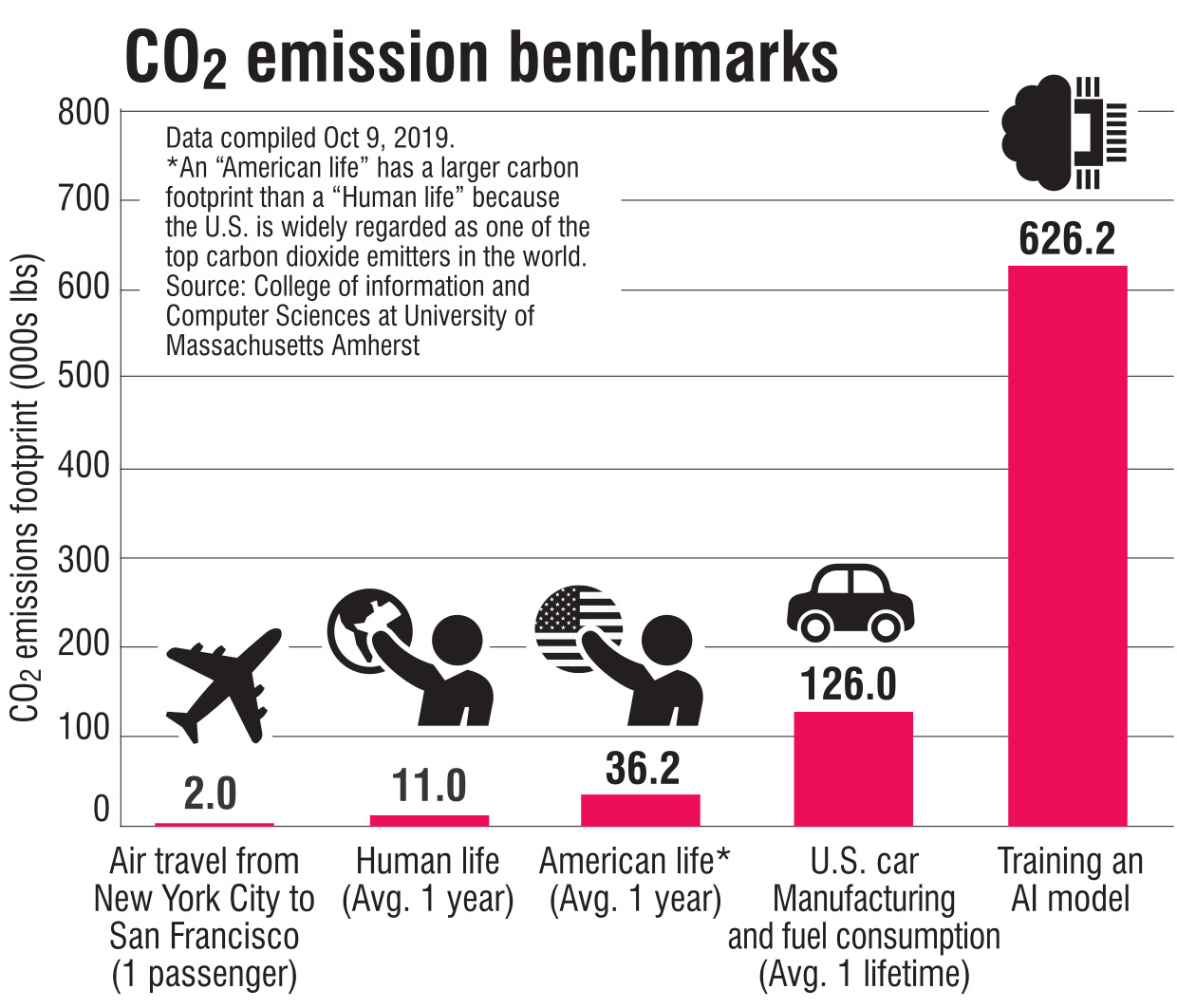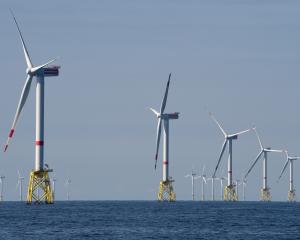
It is that time of year when I have been marking exams and the exam for my undergraduate organisation and sustainability students is to develop and write a scenario for the year 2040. Every year there is a theme that emerges across the nearly 90 exams I read. This year the theme was around using AI to be more sustainable. This got me thinking about the role of AI in sustainability and whether AI itself will be sustainable.

In a recent report by PwC for Microsoft - How AI can enable a Sustainable Future - a number of projections are made for how AI might enhance decarbonisation and sustainability efforts.
The report suggests optimising the inputs and automation of routine tasks are two key benefits of using AI which result in less resource use and consequently could mean less carbon is used to produce the same outputs.
Holistically, the digital transformation that also includes machine learning, big data analytics, the Internet of Things (IoT), and cloud computing could facilitate real-time data collection, processing, and analysis, leading to more informed decision-making and optimisation of resources.
In the context of environmental analysis, it is suggested this transformation will enable more precise monitoring of environmental impacts, better resource management, i.e. less resource wastage, and therefore the development of sustainable practices, including enabling circular economies.
While these benefits are being lauded, some researchers are starting to understand the environmental sustainability of AI itself. In an article in the IEEE Spectrum, Alex de Vries, a researcher from the Netherlands, is quoted as saying if usage trends continue, is expected the annual energy consumption of AI will be the same as the annual consumption of the whole of Ireland. Indeed, de Vries uses the comparison that one AI search is the same as having an LED lightbulb on for one hour.

In addition to the energy utilisation and subsequent carbon emission production from AI, there are also environmental impacts through the e-waste created. A World Economic Forum (WEF) report in 2019 estimated 50million tonnes of e-waste were being produced annually, and projected that by 2050 it would be 120m tonnes. Increasing digitalisation will result in more e-waste. It is the fastest-growing waste stream in the world, yet only 20% of the material is recycled. There is the potential to change this and the WEF report notes the economic opportunity from extending the life and re-using componentry from much of the current e-waste.
Is data going to become the new oil, as suggested by Karen Hao in the MIT Technology Review, in an article headlined, ‘‘Training a single AI model can emit as much carbon as five cars in their lifetimes’’? To prevent such an occurrence there seem to be a couple of suggestions. First, with the use of AI there are ways to be more efficient - mostly around using more efficient training techniques. De Vries notes rebound issues with this. This means that historically, when processes become more efficient or products are made to be better for the environment, their increased production often leads to an unchanged overall environmental impact. Therefore, we may become more efficient but the danger is we will use AI even more.
Second, there is a call for companies to be transparent about their AI use and subsequent e-waste and measure the carbon emissions produced and report on this. This would be part of the development of an approach to AI and digitalisation that is going to be sorely needed for the sustainable and responsible implementation of this technology.
Finally, alongside a responsible approach to the use of AI, there is also the need for a decrease in waste through better design and re-use of what are often mined and valuable materials. Altogether a holistic and deliberate strategy will be needed for the use of AI in order decrease what could be a significant environmental footprint ... and a repeat of history.
Prof Sara Walton is co-director of He Kaupapa Hononga Otago’s Climate Change Research Network and director of the master of sustainable business programme at the University of Otago.













